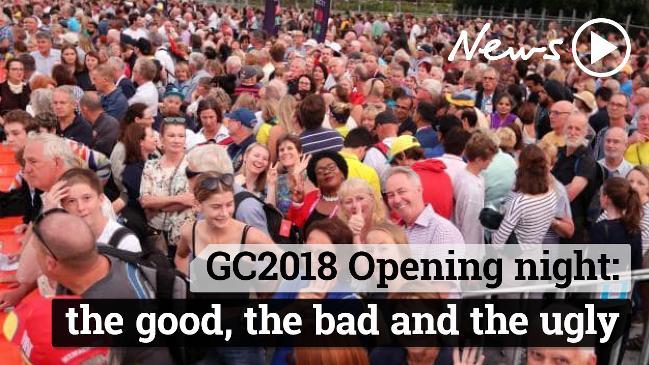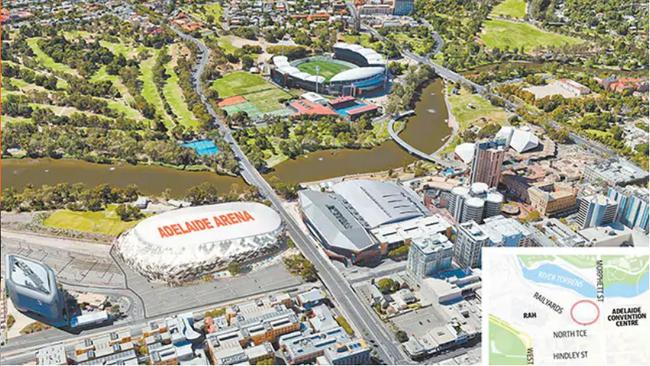Paul Starick analysis: Games turn into a big cash grab
For some, our Commonwealth Games bid is more about grabbing some cash and grants rather than hosting the 10-day sporting event.

Opinion
Don't miss out on the headlines from Opinion. Followed categories will be added to My News.
Hosting the Commonwealth Games is at least as much about the lasting benefit to the city as the 10-day sporting event.
The reason the Adelaide 2026 bid is on the brink of collapse is because a key study has found this benefit is outweighed by the cost, which is up to $3.5 billion.
The huge cost is due to the understandable desire of sporting groups, politicians, property industry figures and others to use the Games bid as a vehicle to build infrastructure and lure government grants.
In most respects, many of these players care less about the Games than the cash, sports facilities and infrastructure that can be grabbed from governments by hosting them.
In particular, the proposed city railyards multipurpose arena is the great hope for a major venue. Not only could it house many Games events, the souped-up version would house soccer, basketball, netball, tennis and other court sports.
More frequently and lucratively, it could host major concerts, events, exhibitions and conventions. But this would not come cheap. It would cost at least $700 million and, more likely, upwards of $1 billion.
If the arena was built on the railyards, this likely would be part of a significant property development, as was urged last month by Property Council of Australia state executive director Daniel Gannon. This would require covering the railyards with a plaza and probably other buildings. Public transport upgrades would be needed — likely another railway station near the Royal Adelaide Hospital. The costs add up.
A Games Village likely would cost about $500 million but this could be recouped through property sales.

Crucially, Mr Gannon urged the State Government to consider seeking an extension of the $551 million City Deal, signed with the Federal Government in March, which focuses on technology and business.
But, with Brisbane in early talks for a 2032 Olympics bid, this is much more likely to successfully convince Prime Minister Scott Morrison to open his coffers. After all, he has effusively and repeatedly singled out that state for sweeping him to unlikely victory at May’s election. “How good is Queensland?” he asked in his victory speech.
Despite the goodwill to the Games, there also will be some who share the-then deputy premier Kevin Foley’s view, espoused in 2008, that it is a “B-grade event”. (He later apologised.)
South Australia’s fight for federal funds is complicated by the campaign to hold submarine maintenance jobs when the state is already seen as a major beneficiary of federal largesse — $90 billion of naval shipbuilding is centred on Adelaide. Plus the state now has only ten federal seats.

